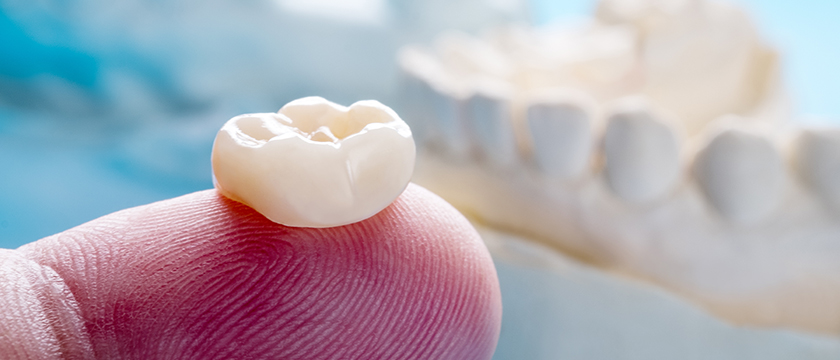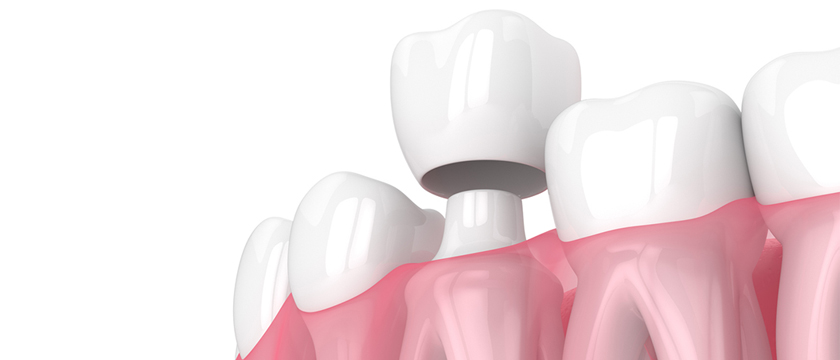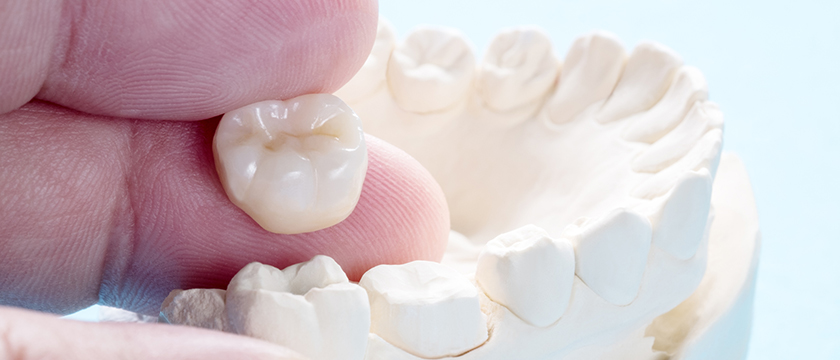Blog
 05 Dec 2023
05 Dec 2023
Types and Costs of Dental Crowns
Dental crowns are a common dental treatment used to strengthen damaged teeth and improve their aesthetics at the same time. If you are thinking about getting a dental crown yourself, you may be wondering which type is best for you and how much that crown will cost. Today, we will discuss the factors you should consider to help you make this decision and acquire a rough estimate of how much you will owe.
 09 Jun 2022
09 Jun 2022
7 Tooth Problems that Dental Crowns Can Fix
Dental crowns are small, sturdy caps that cover the entire visible portion of a tooth. These simple prosthetics have been around for thousands of years, but many people do not realize how versatile they are. Crowns can be used to solve a number of common dental problems, including some that are difficult to treat any other way. The issues listed below are just some of the many applications for these incredible dental enhancements.
 06 Feb 2022
06 Feb 2022
Do You Need Dental Surgery?
If your dentist has suggested that you undergo oral surgery, do not panic. The term may sound scary, but it really isn’t.
 17 Jan 2022
17 Jan 2022
6 Reasons to Choose a Dental Crown
Whether you are getting one on its own or as part of a dental bridge, dental crowns are one of the most common types of dental restorations available today. Despite their prevalence, many patients are not convinced that they need a dental crown when their dentist suggests one.
